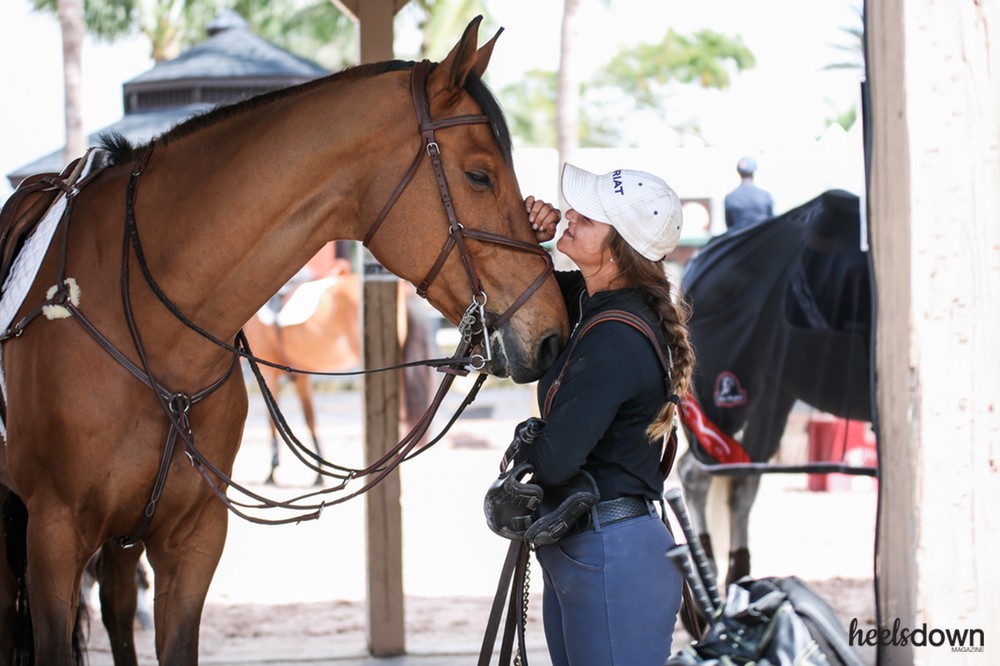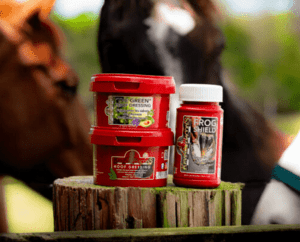Eight Horses and Two Arms: The Realities of Caring for Numerous Horses

By Rebecca Barber
Caring for one horse can be difficult, but multiple horses… that is when life can become insane. Here are a few tips and tricks for staying organized when managing or competing multiple horses.
Notebooks, lists, and planners are your best friends.
While people love to make fun of my fondness of lists, I can guarantee that at some point in time those individuals will be grateful that I kept them. For example, after every jump school that my boss has I write down what tack all of the horses went in. That way, come a training session or a horse show, I am able to ensure that I know what boots, bit, and martingale each horse requires. Furthermore, before each horse show I make a list of every horses’ ride time, the tack that they go in, and what ring they are in. Because I have everything written out and organized ahead of time, things tend to run smoother and there is less tension on the day of the competition.
Plan ahead.
When you or your employer are competing multiple horses, it is vital that you plan ahead. The more horses, the more difficult it becomes to perform tasks at the last minute. If I have a horse show that starts on a Saturday, I like to have all of the horses clipped and tidied up on Wednesday, the trailer packed (for the most part) on Thursday, and the horses braided on Friday. That way, come the end of the week I don’t find myself trying to perform all of these duties simultaneously. It’s best to try to plan and execute as far ahead as possible. Trust me, there is no worse feeling than realizing that you have a week to clip 10 horses, in addition to the rest of your daily chores.
Don’t be afraid to ask for help.
Whether you simply need someone to hold a horse for you while you stud it, or you need to discuss a management question with your vet, never hesitate to ask for assistance. In order for things to run smoothly, one must have a dedicated and unified team. As cliché as it may sound, it truly does take a village.
Communicate!
Having everyone – riders, grooms, farrier, vet, etc. – on the same page is vital. It does not matter how competent the team members are, if they do not communicate with one another. People will often hear me say, “you probably already know this, but…” however, I would rather state the obvious than have a potentially costly miscommunication. Additionally, whiteboards are an easy and an inexpensive way to help ensure that all team members receive important notes and memos such as changes in turnout or instructions for extra care.
When horses are involved, there will always be long days. However, by staying organized, planning ahead, and working as a team, you can keep the surprises to a minimum, thus creating a more positive experience for all.


